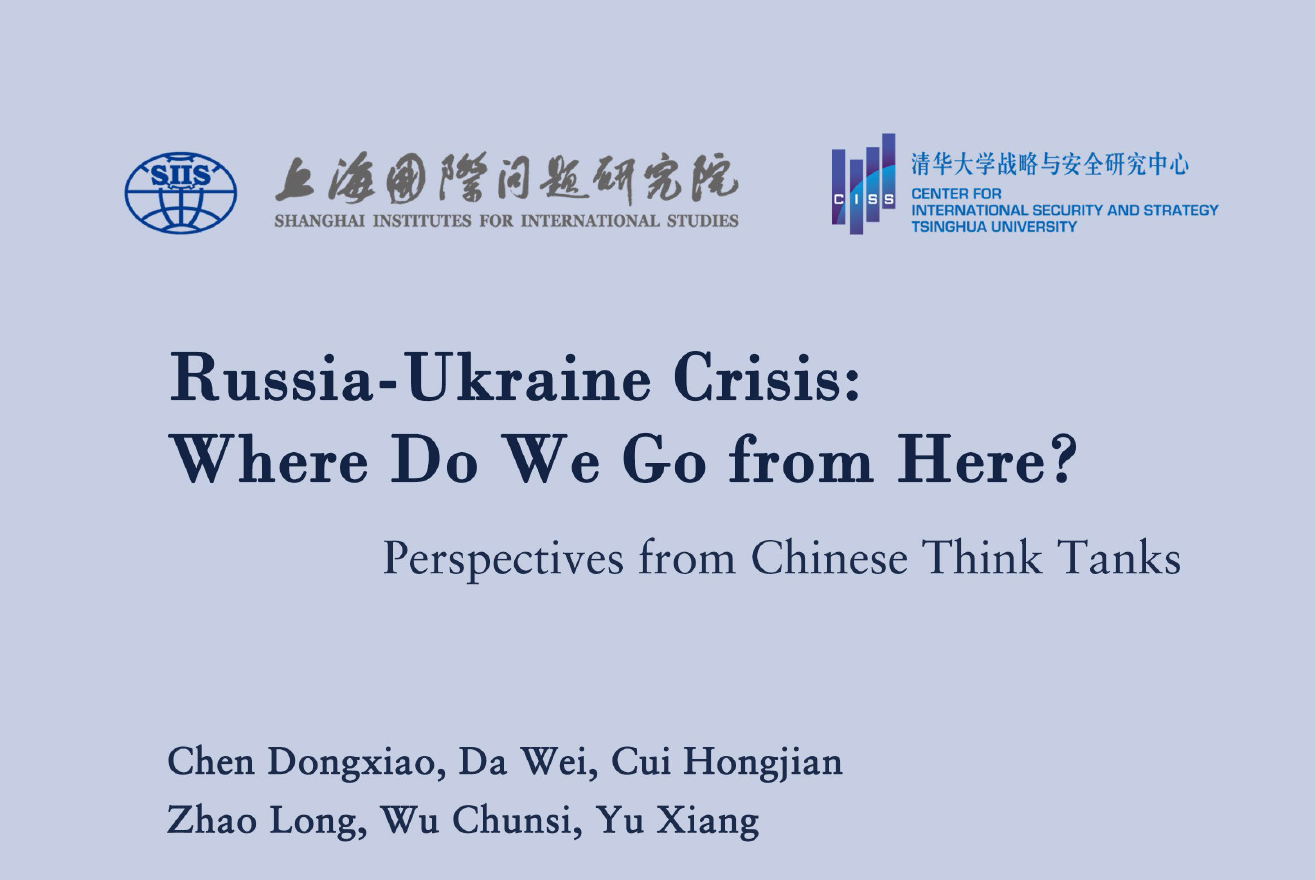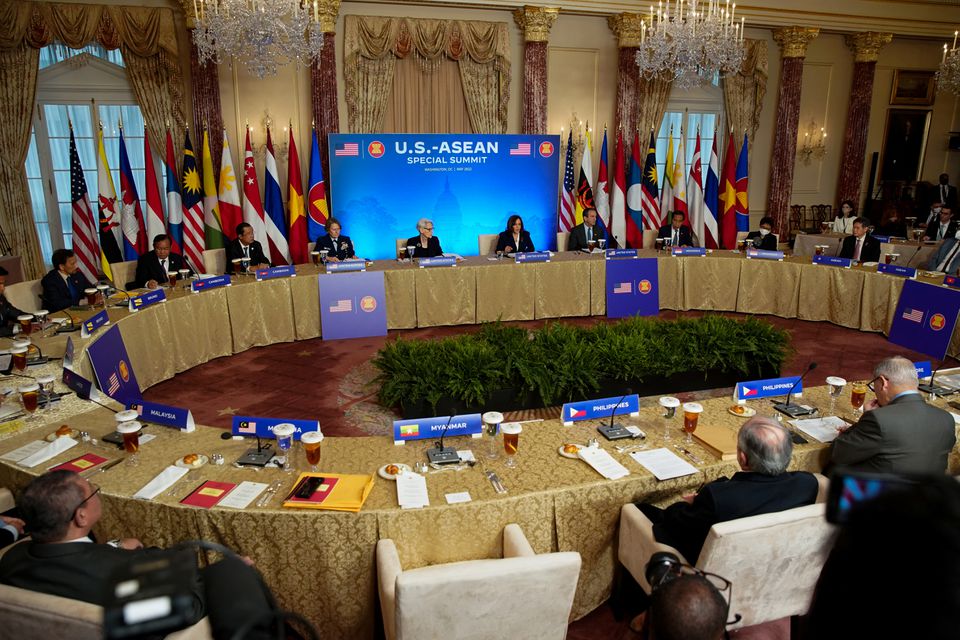Doug Bandow, Senior Fellow, Cato Institute
Jul 12, 2022
The U.S. and South Korea continue to look for ways to address the challenges with North Korea, while hoping for the involvement of China. Yet, China is unlikely to get involved unless its interests are also met in the process.
Xiao Bin, Deputy Secretary-general, Center for Shanghai Cooperation Organization Studies, Chinese Association of Social Sciences
Jul 12, 2022
The abusive use of alliances in the region will only hurt. Judging from history and current reality, peace will not flower with a China of 1.4 billion people trapped in stagnation, nor will it help to foster hostile interactions with its neighbors.
Dan Steinbock, Founder, Difference Group
Jun 30, 2022
Globalization is at a crossroads. Compounded by U.S. geopolitics and the cost of economic development, de-globalization has huge economic and human damages.
Matt Geraci, Research Associate, Institute for China-America Studies (ICAS); Manager, ICAS Maritime Affairs Program
Jun 21, 2022
Marine protected areas are crucial for conserving blue carbon resources in coastal and deep-sea ecosystems, and these conservation efforts can play a crucial role in reaching multilateral treaties and mitigating conflict in areas such as the South China Sea.

Da Wei, Director of Center for International Strategy and Security; Professor at Tsinghua University
Jun 16, 2022
Up till now, the fighting has been going on for over 100 days, with the two warring sides still in an offensive and defensive stalemate. Questions about this ongoing crisis can be listed in a long line, most of which no one can answer at this time. Yet among all the uncertainties, one thing is certain: what the Russian troops crossed on February 24 was not simply the land border between Russia and Ukraine, but rather more symbolically, the River Rubicon of the post-cold war international order.
Yang Wenjing, Research Professor, Institute of American Studies, CICIR
Jun 15, 2022
The Chinese foreign minister’s 10-day trip brought concrete answers that addressed the real needs of Pacific Island countries. But voices in the West continue to emphasize a negative view of China’s intentions — even trying to lock China and the United States into a cold war framework.
Lucio Blanco Pitlo III, President of Philippine Association for Chinese Studies, and Research Fellow at Asia-Pacific Pathways to Progress Foundation
Jun 11, 2022
The BRICS and Quad organizations, led by China and the U.S. respectively, have begun making competing overtures to nations in Asia in an attempt to counter each other’s influence.
Wang Yiwei, Jean Monnet Chair Professor, Renmin University of China
Jun 10, 2022
At first glance, the Ukraine conflict has some loose parallels to 1958, when the People’s Liberation Army shelled Kinmen without notifying Russia in advance. But while rumors of intrigue may raise eyebrows, the comparison falls apart quickly.

Nie Wenjuan, Deputy Director of Institute of International Relations, China Foreign Affairs University
May 31, 2022
At the gathering in Washington, China was the elephant in the room. While it’s too soon to say which side has the upper hand in Southeast Asia, the summit offered a glimpse of how the competition will unfold.
Zhang Yun, Professor, School of International Relations, Nanjing University
May 31, 2022
Thirteen countries in the Indo-Pacific region have joined the initiative, which indicates interest. But there are problems with the framework as presented that raise questions about its ability to succeed and endure.
Back to Top

- China-US Focus builds trust and understanding between the U.S. and China through open dialogue among thought leaders.
- Our Offerings
- Topics
- Videos
- Podcasts
- Columnists
- Research Reports
- Focus Digest
- Stay Connected
-
Thanks for signing up!
- Get the latest stories from China-US Focus weekly.